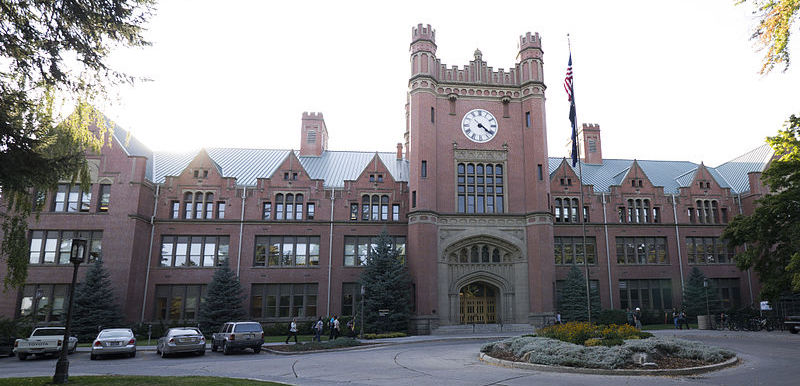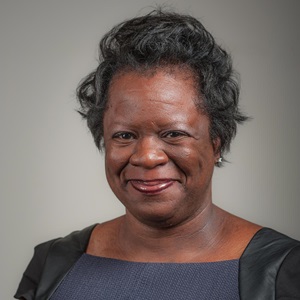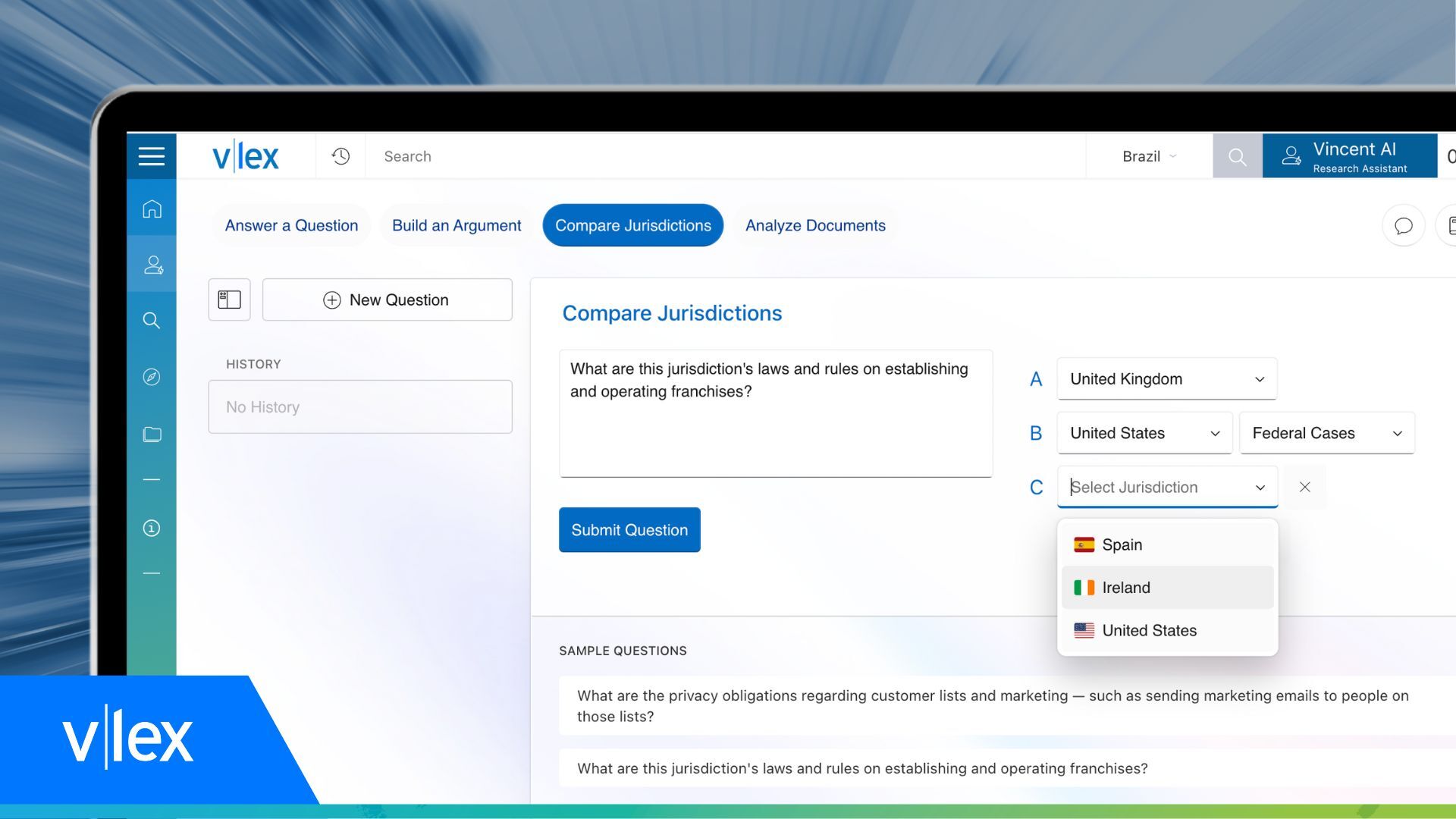Law prof's federal discrimination suit against University of Idaho allowed to go forward

The University of Idaho Administration Building. Photo from Wikimedia Commons.
A U.S. district judge last week denied the University of Idaho’s motion for summary judgment on gender and race discrimination claims brought by a Black female law professor who claims she was unfairly denied an associate dean position and a stipend.
Shaakirrah Sanders, a constitutional law and criminal procedure professor, alleges the law school violated Title VII of the Civil Rights Act and Title IX of the Education Amendments of 1972. She also alleges discrimination under sections 1981 and 1983 of the Civil Rights Act. The court denied defense motions for summary judgment on the Title VII and Title IX claims and partially denied the motion for summary judgment on Sanders’ section 1981 and section 1983 claims.
Sanders is the only professor at the law school who identifies as a woman of color. The memorandum decision and order, written by U.S. District Judge B. Lynn Winmill of the District of Idaho, rejected the university’s argument that Sanders did not establish a genuine dispute of material fact in her discrimination claims.
“In sum, the evidence submitted by Sanders is more than sufficient to raise a genuine issue of material fact as to whether the reasons articulated by defendants for not hiring Sanders as associate dean were pretextual,” Winmill wrote.
He also approved Sanders’ motion to file her third amended complaint to name former interim dean Jerrold Long as an individual defendant in light of information that came from 2020 depositions.
But the judge granted defense motions for summary judgment on Sanders’ claims alleging violation of state whistleblower and academic freedom laws on the basis that the university is immune from lawsuits in federal court regarding state law.
Jodi Walker, the university’s senior director of communications, told the ABA Journal the decision is being reviewed and did not have a comment. According to the university’s 2020 motion for summary judgment, half of the law school’s faculty is female, and three of four associate deans are women. In February, the law school announced it had hired a new dean, Johanna Kalb. The motion also says the school has a standing committee focused on diversity and inclusion and asserts that no faculty members expressed support for Sanders in an associate dean position.
 Shaakirrah Sanders. Photo from the University of Idaho College of Law.
Shaakirrah Sanders. Photo from the University of Idaho College of Law.
Sanders was hired in 2011, granted tenure in 2016 and promoted to full professor in 2018. Also in 2018, Sanders filed a complaint against the law school with the U.S. Equal Employment Opportunity Commission, and her federal lawsuit was filed in 2019. The school has campuses in Boise, where Sanders works, and Moscow, Idaho, where the individual defendants work.
According to the order, Sanders alleged she had been treated differently than her colleagues. In 2014 and 2015, she was asked to teach a heavier course load than her colleagues but not given extra compensation or granted a course release. The order found that one of her white female colleagues, however, was granted a course release. According to the order, Sanders was told by then-law school dean Mark Adams that “her continuing efforts to get what she wanted showed little concern for the impact on her colleagues or the college of law and sowed ‘bad feelings and distrust by continuing to spread a false narrative.’”
Sanders also claimed she was passed over for a newly created associate dean position in 2017, stating Adams went so far as to solicit others for the job so that Sanders would not be the only applicant. “Adams ultimately solicited Lee Dillion (a white male) for the position. Dillion was a nontenured/nontenure-track faculty member and was set to retire and would therefore be unable to serve the preferred two-year term,” the order states.
In 2018, Sanders claimed that her stipend application was rejected, allegedly because she was going on sabbatical and because priority was given to junior faculty applicants. But stipends were awarded to professors who had the same or more seniority as Sanders, including a white female professor who was entering her sabbatical.
Sanders expressed concerns, and Adams said that because she was raising issues of pay disparity and disparate impact, he would not be sending any further email responses to her about the matter.
“When Sanders asked how the issues would be addressed if not through email, Adams ignored her. He did not forward her complaints to anyone else, not even to the [office of civil rights and investigations],” the order states.
Sanders’ complaints were not the first notice the law school had of discrimination. In 2011, an American Bar Association accreditation site visit determined that “a sizable minority” of male students belittled the role of women in the legal profession, which may have contributed to a disruptive atmosphere for women at the school, according to the order.
As a remedial action in response to ABA concerns, the law school created a diversity plan. By 2018, the law school realized it was possibly not in compliance with the plan, the order states. Adams was asked to step down as the law school’s dean in 2018 because of concerns about his leadership in regards to race, gender and disability discrimination, according to the order. He remains at the law school and is its highest paid professor, Winmill wrote. Adams, who is also named as an individual defendant, did not respond to an ABA Journal interview request.
Jerrold Long was appointed to replace Adams as interim dean and was tasked with addressing diversity issues, including a 2018 university human resources report that detailed gender bias concerns. Some faculty claimed women were shut out by senior leadership for “aggressive communication,” and that gender bias played a role in who was allowed to speak in meetings, the order states.
Between 2011 and 2018, at least 15 complaints regarding discrimination at the law school were made with the university’s office of civil rights and investigations, according to the order. It also states that at least 20 additional complaints were logged between 2018 and 2020.
Sanders accused Long of retaliating against her after an October 2019 campus forum featuring former U.S. Secretary of the Interior Ken Salazar at which a student stunned the audience by asking “whether we should consider culling or genocide as a solution to climate change.” Sanders subsequently moderated open forums with students, faculty and staff, but complained to Long when she discovered one forum was being recorded without participants being informed beforehand.
According to Sanders, Long held her complaints about this incident against her in her 2019 performance review. According to her complaint, the 2018 EEOC charge she filed against the school was repeatedly referenced in her 2018 performance review.
Long told Sanders he didn’t think they were “in a space where our—relationship is working,” according to the order.
Sanders filed a 10-page rebuttal asking Long, who is now a professor at the law school, for reconsideration of her 2019 evaluation. Long filed his evaluation without making any changes, according to the order. He did not respond to an ABA Journal interview request.
Sanders told the ABA Journal she could not comment on the order. The action also alleges she was denied travel funds, accused of lying about attending conferences and had her office segregated from those of other faculty.
See also:
ABAJournal.com: “University of Idaho law professor sues school for racial and gender discrimination”
ABAJournal.com: “University of Idaho law prof alleges more mistreatment in an amended Title VII complaint”



